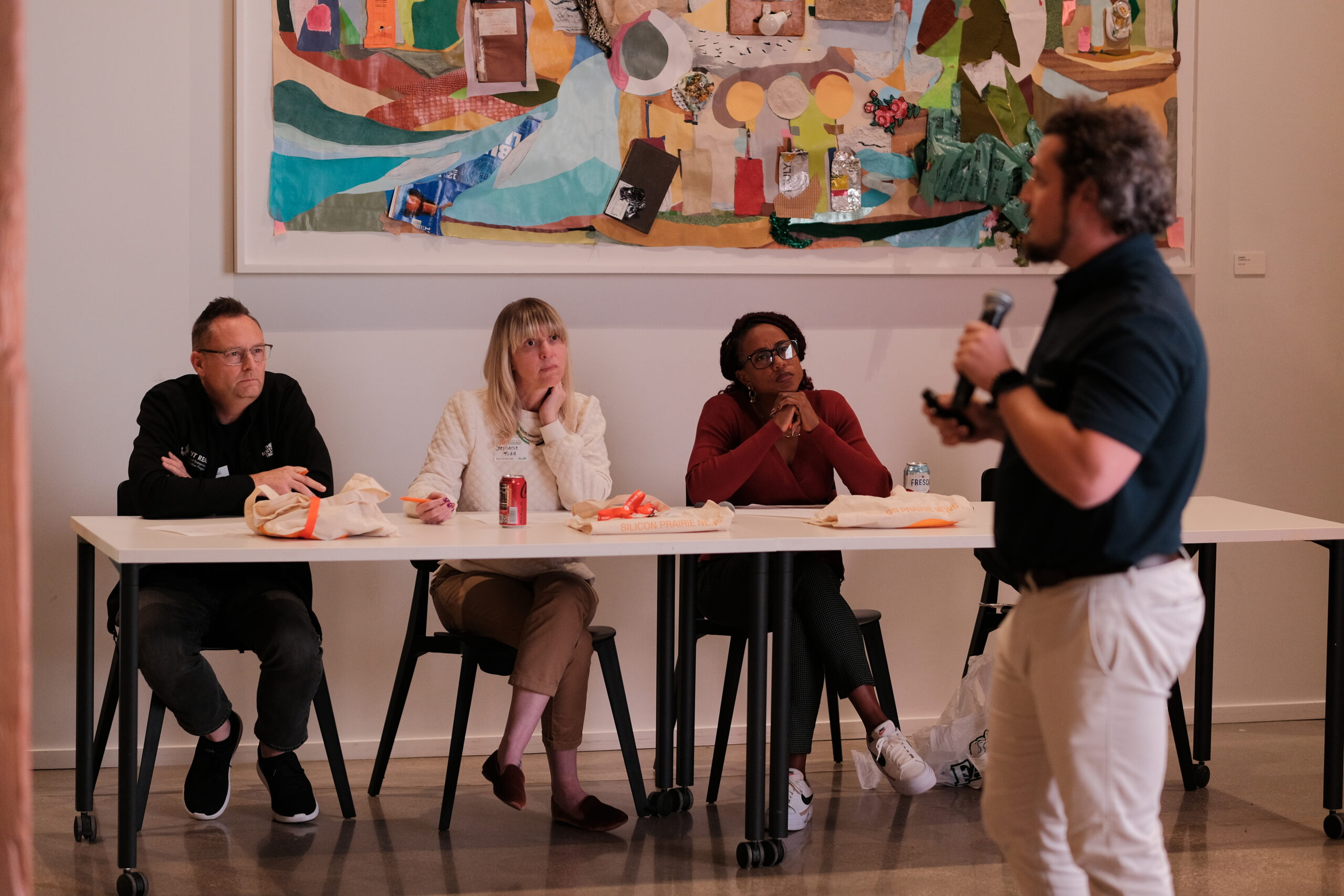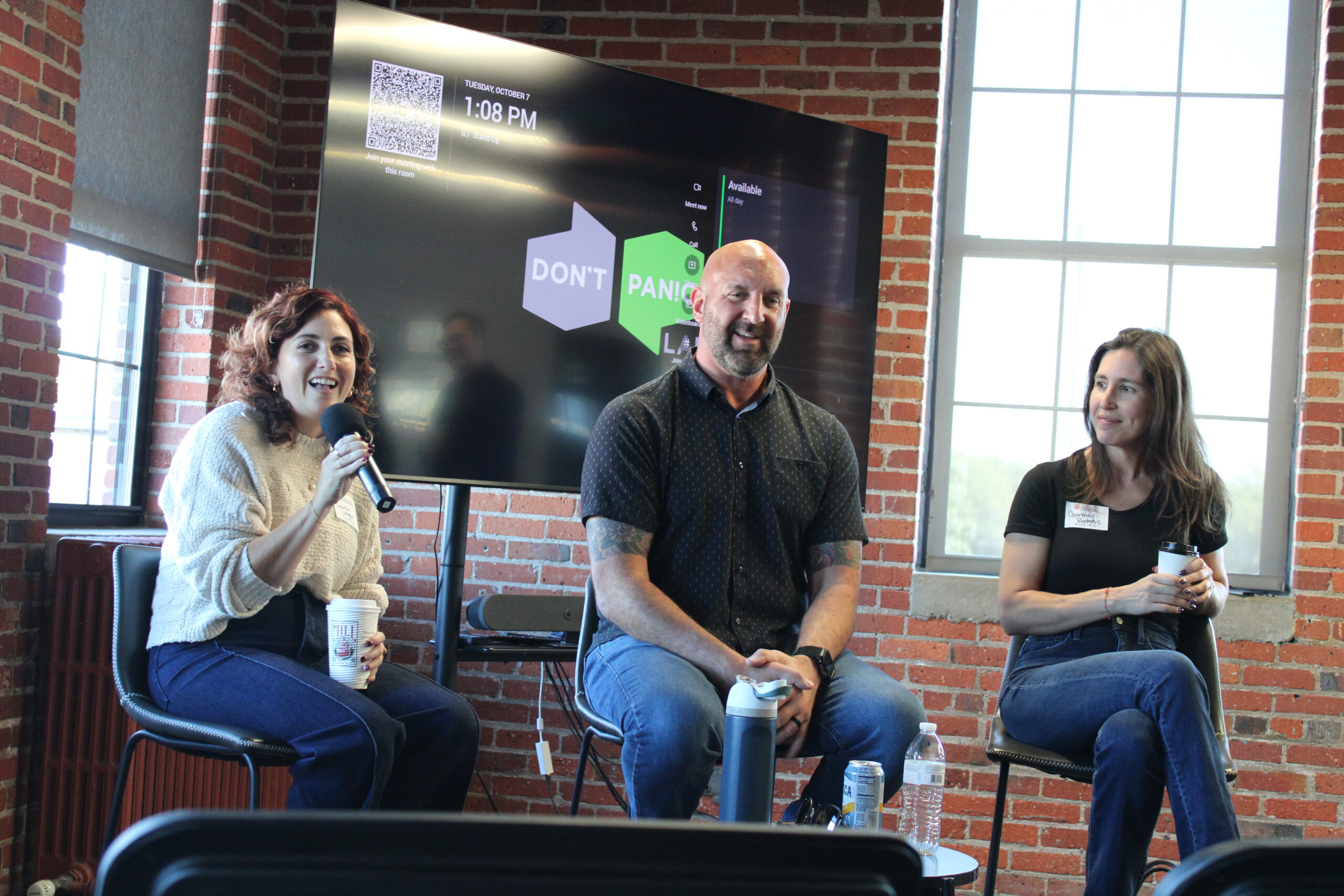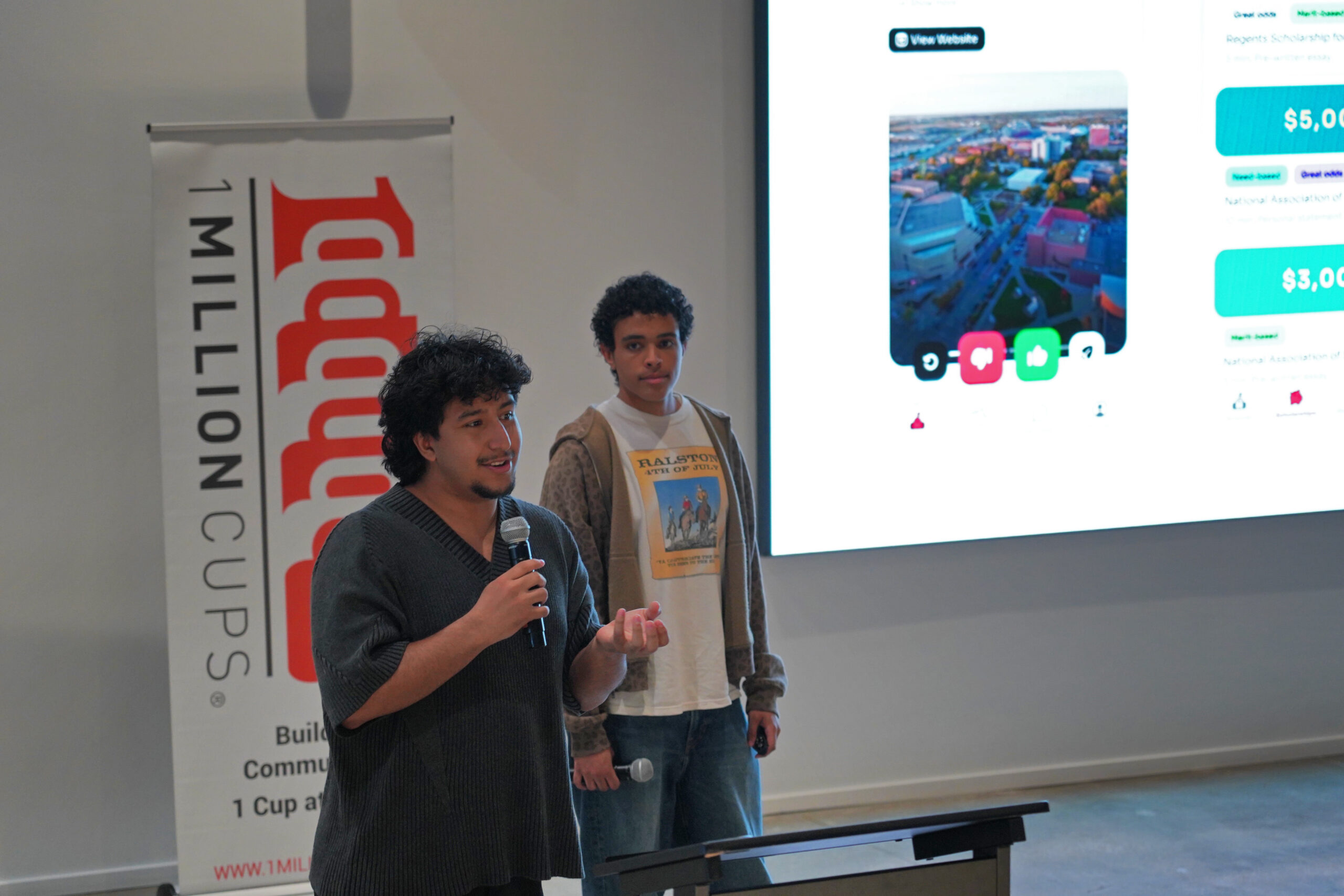
Virtual Incision Corporation, a Nebraska medical startup resulting from a collaborative research project at the University of Nebraska, recently completed an $18 million Series B round of financing. The company has developed a surgical robot for colon resection, and the funds will support manufacturing and clinical trials leading up to approval by the U.S. Food & Drug Administration.
“This is a new experience for me, very challenging and exciting,” said Co-Founder Dr. Shane Farritor, a professor of engineering at the University of Nebraska-Lincoln. “We’ve got a lot to do.”
Farritor and Dr. Dmitry Oleynikov, chief of minimally invasive surgery at the University of Nebraska Medical Center, founded Virtual Incision in 2006. A $2 million Series A raise in 2010 was followed by a $11.2 million round in 2015. The initial financing allowed the company to complete a successful feasibility trial and in-human testing outside the country. Now attention turns to gaining approval to deploy the device in the U.S., a time-consuming process.
“The optimistic view is that we’d submit by the end of 2018,” Farritor said. “If things go well, there will be two 90-day cycles with the FDA prior to clearance, hopefully by the second half of 2019.”
Among the competitive advantages of the Virtual Incision surgical robot is its mobility, small size and small weight.
“We always point out that we have a two-pound robot while everyone else has two-ton robots,” Farritor said. “We think it simplifies the ease of setup, work flow and complexity.”
Once it’s set up, the larger robotic equipment stays put and the operating room is organized around it. The Virtual Incision robot is mobile.
“Those machines are put into a room and that’s all that happens there,” Farritor said. “Our system has a couple of components that can easily be moved from one room to another, really easy setup.”
Feedback from health care providers has been positive.
“Everybody is looking for a new solution,” Farritor said. “There are a lot of advantages to current approaches, but people are ready for choices.”
A small incision in the patient’s umbilical region is all that’s necessary for the Virtual Incision robot, compared with an 8-inch incision through abdominal muscles required by traditional colon resection surgery. This can significantly reduce post-surgery hospital stays and the associated cost.
“A typical hospital stay for traditional colon surgery is ten days,” Farritor said. “This can cut it to four days.”
Coupled with the significantly-lower capital investment required for the Virtual Incision robot, the shorter hospital stay can have a positive impact on health care costs.
“The capital expense is an order of magnitude lower than the large robots,” Farritor said. “We don’t like to lead with cost, but it absolutely will have an impact.”
Besides the two co-founders, Virtual Incision has teams and partners both locally and worldwide.
“We’ve got a team of engineers in Lincoln and work with a lot of high-quality vendors all over the world,” Farritor said. “All of the engineers are people I’ve worked with on the university side.”
How does Farritor view the climate for innovation in Nebraska and the region? It starts with the collaborative environment within the University of Nebraska.
“I always like to emphasize the collaboration between UNMC and UNL,” he said. “I think it’s special, something the University has been very supportive of and should get credit for.”
The upcoming approach to the FDA for approval to move forward is limited to the colon surgical robot. But there are other ideas on the horizon.
“We envision a series of devices, robots made for each procedure,” Farritor said. “We’ve prototyped all sorts of different devices, working on what the next one will be.”
‘Our hope is that we have a really different model toward robotic surgery,” he added.




